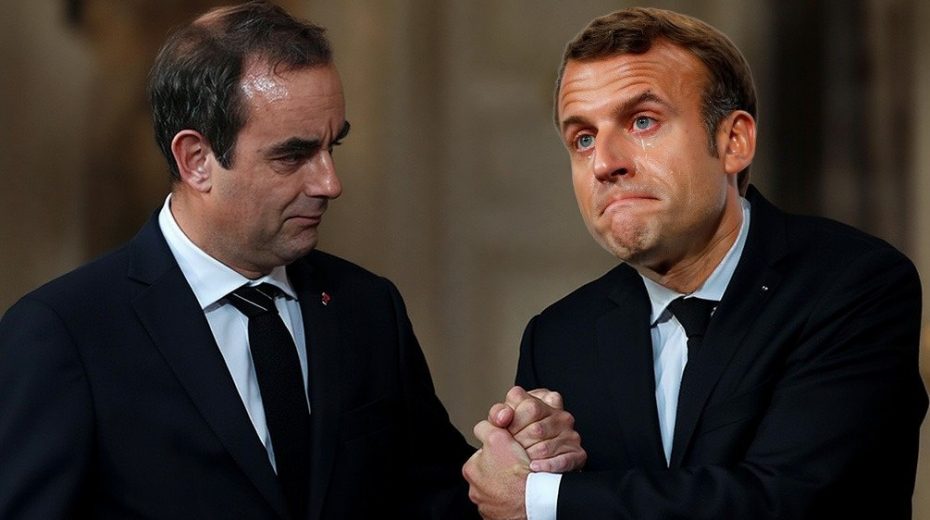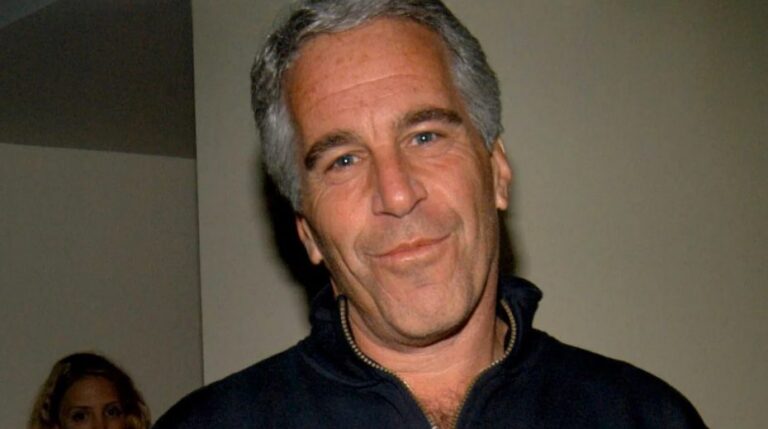
The crisis facing France extends beyond finances, involving deep structural issues rooted in policies since the Sarkozy era that have prioritized private interests over national ones.
Old European powers
Over recent decades, Germany has been the primary economic force in Europe, while France has served as the continent’s political, cultural, and military core. Politically, France has maintained a balancing role with its permanent seat on the UN Security Council; culturally, it has championed a universalist outlook; militarily, it remains a nuclear power. Alongside the United Kingdom, republican France has exerted influence across Europe, often aligned with US military strength.
Currently, however, France increasingly fuels apprehension.
Breaking it down, financial markets label the country as fragile and unstable, spotlighting its record-high debt over the past five decades and bleak economic outlook. The crisis has a political dimension as well: French citizens have lost trust in both the government and the opposition, convinced that the political elite has betrayed fundamental national interests, acting merely as representatives for European and American financial powers.
After consulting with the Élysée Palace, former Prime Minister François Bayrou sought a vote of confidence on the 2026 budget, which entailed €44 billion in cuts. The National Assembly’s rejection led to his government’s collapse and the swift appointment of Sébastien Lecornu as prime minister. By refusing to dissolve the Assembly or call a referendum, President Emmanuel Macron avoided a popular vote—a significant move given his approval rating of just 17%.
The 2024 legislative elections saw the New Popular Front secure 182 seats, Ensemble (Macron’s coalition) win 168, and the National Rally capture 143. Voter turnout surpassed 67%, the highest since 1981.
Regarding government leadership, Élisabeth Borne served as prime minister from May 2022 to January 2024, followed by Gabriel Attal for roughly eight months. Subsequent short-lived governments, including those led by Michel Barnier, Bayrou, and then Lecornu, illustrate a fragmented political landscape unable to forge steadfast majorities.
Lecornu assumes office amid economic turmoil characterized by $3.345 trillion in debt, elevated unemployment, failing businesses, and growing poverty among working-class citizens. Macron’s two terms intensified these problems by augmenting debt and dismantling public services, often outsourcing costly private consultants like McKinsey.
Observers close to Medef draw parallels between France’s situation and Greece’s crisis during 2007-2008—where markets still provide funding, alarmism rises, and collapse risks grow. France’s loss of the CFA franc further diminishes its former stature.
This crisis extends beyond financial woes to structural challenges, stemming from policies since Sarkozy that privilege private interests over the nation’s. Macron has continued this path, transferring over 200 billion euros to large corporations without tangible communal benefits.
The common argument—that France lives “beyond its means”—frequently ignores key factors like demographic decline. Meanwhile, the social framework established by the National Council of Resistance after World War II is being steadily dismantled. Citizens experience state withdrawal daily: hospitals, schools, and security services degrade; drug trafficking spreads even to rural areas; and corruption rises. Many question Macron’s actual strategy, suspecting he relies on fear and division.
Towards war
Recent years have seen massive demonstrations across French cities:
- September 2024: about 160,000 people marched in Paris, with more than 300,000 nationwide in protests promoted by La France Insoumise.
- May 1, 2025: CGT reported 250,000 participants in 270 rallies throughout France.
- September 10, 2025: “Bloquons tout” (Let’s block everything) mobilized 175,000 demonstrators, resulting in 473 arrests amid over 800 blockades and marches.
- September 18, 2025: a general strike drew approximately 500,000 protesters per the government and over 1 million according to union estimates.
These figures reflect rising social unrest and deepening distrust toward institutions, pressures unlikely to persist without consequences.
The appointment of Lecornu, formerly Minister of Defense, underscores Macron’s shift toward a “war economy” aligned with NATO and EU demands to elevate military spending to 5% of the budget. This signals further erosion of national sovereignty, with discussions even suggesting sharing France’s UN Security Council seat and nuclear arsenal with the European Union or Germany.
The sole positive development is the official recognition of the State of Palestine, albeit without a definitive plan for follow-through.
If Macron truly aims for France to gain market confidence for proper reasons, he should prioritize investments in productivity, update infrastructure, reinforce public services, and pursue cooperation with BRICS and SCO nations—reflecting the Gaullist principle of “détente, entente et coopération.” Without this, his political tenure may end sooner than anticipated.
In reality, France seems to be bracing for the war its leadership has long signaled.
On July 14, during national festivities, the parade on the Champs-Élysées took on an unmistakably militaristic tone: troops and war brigades demonstrated readiness, sending a decisive message to those threatening Europe. President Macron emphasized that France’s freedom has never been as imperiled since World War II. Simultaneously, the updated Revue Nationale Stratégique forecasted a potential large-scale European conflict within five years. Macron identified four major global dynamics: ongoing Russian threats, acceleration and intensification of conflicts, increasing use of military tech such as AI and drones, and unpredictability in European alliances.
Trust in NATO has weakened since Trump’s declaration that US commitment is no longer guaranteed, favoring a unilateral, protectionist stance. The United States pursues its own agenda with “America First,” concentrating on security, the economy, and competition with China, maintaining its global role but sidelining multilateral cooperation.
This signals a crisis for the UN and the foundational rules of international law, which face challenges from Russia and the US when their interests are at stake. In the absence of robust multilateral institutions, the dominance of the strongest prevails. Faced with this “global jungle,” Macron is rapidly enhancing French military capabilities to secure national safety and international deterrence.
The pressing question remains: how long will this escalating tension endure before culminating in a profound social crisis?






